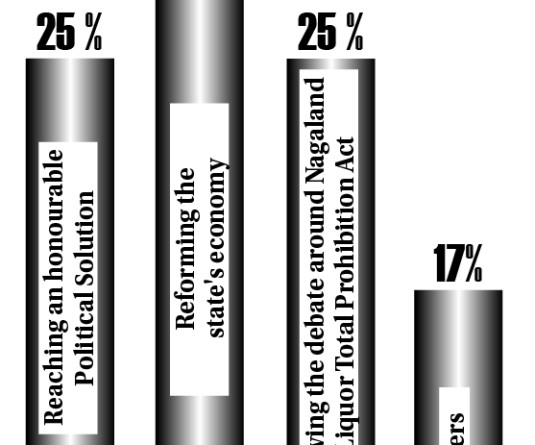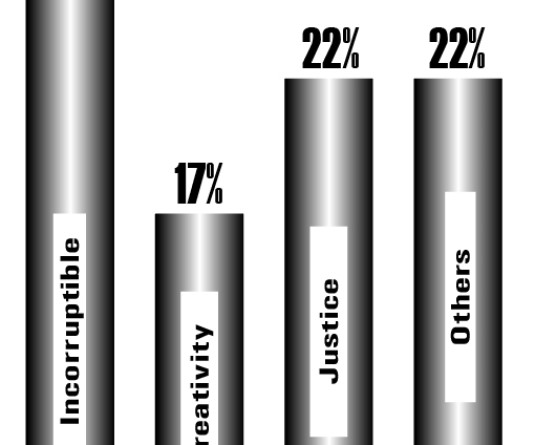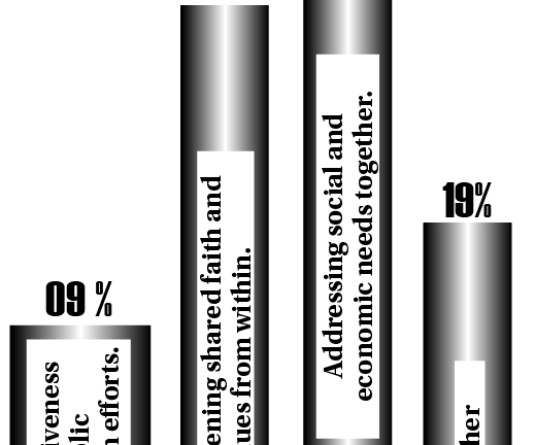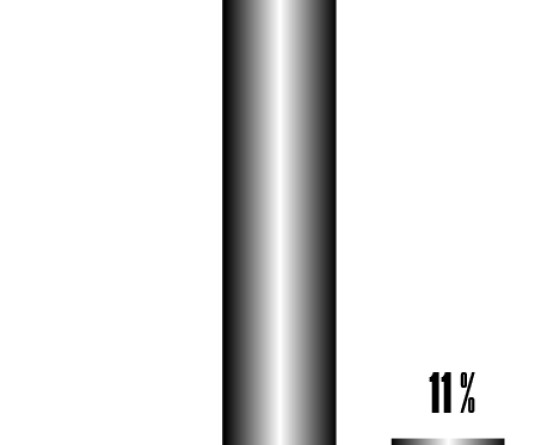
Improved waste collection & recycling systems:
• The best solution would be improving waste collection and recycling systems. While public awareness and education campaigns are important, the reality is that these have been conducting for years, through posters, school activities, media, and community programs. Yet, the public response has often been apathetic. Even educated individuals continue to ignore basic civic duties, like disposing waste properly or following signage. We must stop assuming that people are unaware. The real problem lies in the absence of a functional, consistent, and accountable waste management infrastructure. Even when individuals want to dispose of waste responsibly, they're not given the means to do so. For instance, a better system would involve: Two separate sanitation trucks: one for biodegradable and one for non-biodegradable waste. Scheduled pickups: say, biodegradable waste on Mondays and Thursdays, non-biodegradable on Tuesdays and Fridays. Designated composting pits in each locality for organic waste. Direct transportation of plastic and synthetic waste to recycling facilities. Furthermore, there should be strict rules at the colony or ward level, with penalties for violations and incentives for responsible waste segregation. The local municipalities must be held accountable for the fees they collect. Transparency is essential, people need to know where the garbage goes and whether it's being recycled or just dumped elsewhere. The solution lies not just in awareness, but in enforcement and system design. Without a solid structure in place, public awareness will remain just a poster on the wall, ironically, possibly next to a pile of trash. Until we fix the system and enforce civic discipline, plastic pollution will remain a chronic problem. Let's not treat waste management as someone else's duty. It's our responsibility, for our community, and for future generations. Long Live Earth! Let's act now, or regret later.
Public awareness & education campaigns:
• By giving Awareness about the damages cause by plastic to ecosystem
• Many people still lack civics sense as long as it's not in their compound they throw plastic bottles bags use pads diaper and the list goes on not knowing it's bringing harm to all living creatures please do something
Others:
• There needs to be a combination of both an improved waste management system as well as public sensitisation drives on how to properly dispose of waste and curb consumption of such potential pollutants. The government and municipal bodies need to firstly allocate suitable area for waste disposal and waste recycling plants in the respective districts. Once such infrastructure is in place, sensitisation programmes on waste segregation, reducing consumption, knowing which kinds of plastics are recyclable and which are difficult to recycle (eg. tetra packs), just a general understanding of waste will go a long way. Schools and Colleges are always great partners for such. But such sensitisation programmes are redundant if there are no recycling infrastructures in place and recycling infrastructures alone will not produce the required outcomes without the sensitisation programmes.
• Improved waste collection & recycling systems, as well as public awareness & education campaigns, must go hand in hand. I may be fully aware of the hazards of plastic pollution and even take part in cleanup campaigns. But I am also aware that we are running out of dumping spaces. Moreover, the burning of plastic waste in dumping grounds is dangerous for the environment and quality of life. One main reason for ignoring recycling plastic waste is that the machinery and the process of recycling to make other products are expensive. I hope recycling plants will spring up in all other towns of Nagaland sooner rather than later.
• Improved waste collection & recycling systems, as well as public awareness & education campaigns, must go hand in hand. I may be fully aware of the hazards of plastic pollution and even take part in cleanup campaigns. But I am also aware that we are running out of dumping spaces. Moreover, the burning of plastic waste in dumping grounds is dangerous for the environment and quality of life. One main reason for ignoring recycling plastic waste is that the machinery and the process of recycling to make other products are expensive. I hope recycling plants will spring up in all other towns of Nagaland sooner rather than later.
• After everything has been said and done, the core solution to almost every societal issue/problem boils down to the individual & their attitude/behavior in dealing with issues concerning, what may seem like, day-to-day activities, in this context their civic sense. The Japanese rarely keep dustbins in public streets and public spaces, every individual citizen carry their own waste around until they find a place where they can safely dispose of it, and their country is arguably the cleanest in the world. First and foremost is always civic sense. Another step towards mitigating the menace of plastic pollution is reducing its usage. Bans for single use plastics and polythene bags are already in place, on paper that is, however simply banning a commonly used item without providing an alternative that is on par with the aforementioned banned item in terms of its utility, affordability and availability is, in my opinion, a futile endeavor. Steps such as improvement of waste collection & recycling systems, and creating public awareness & education campaigns are all positive and welcomed steps in contributing towards ameliorating the problem of plastic pollution.
• Stop use of plastic carry bags. Collection and recycling of plastic waste. Max use of carry bags is by vegetable/ fruit vendors and grocery stores.






